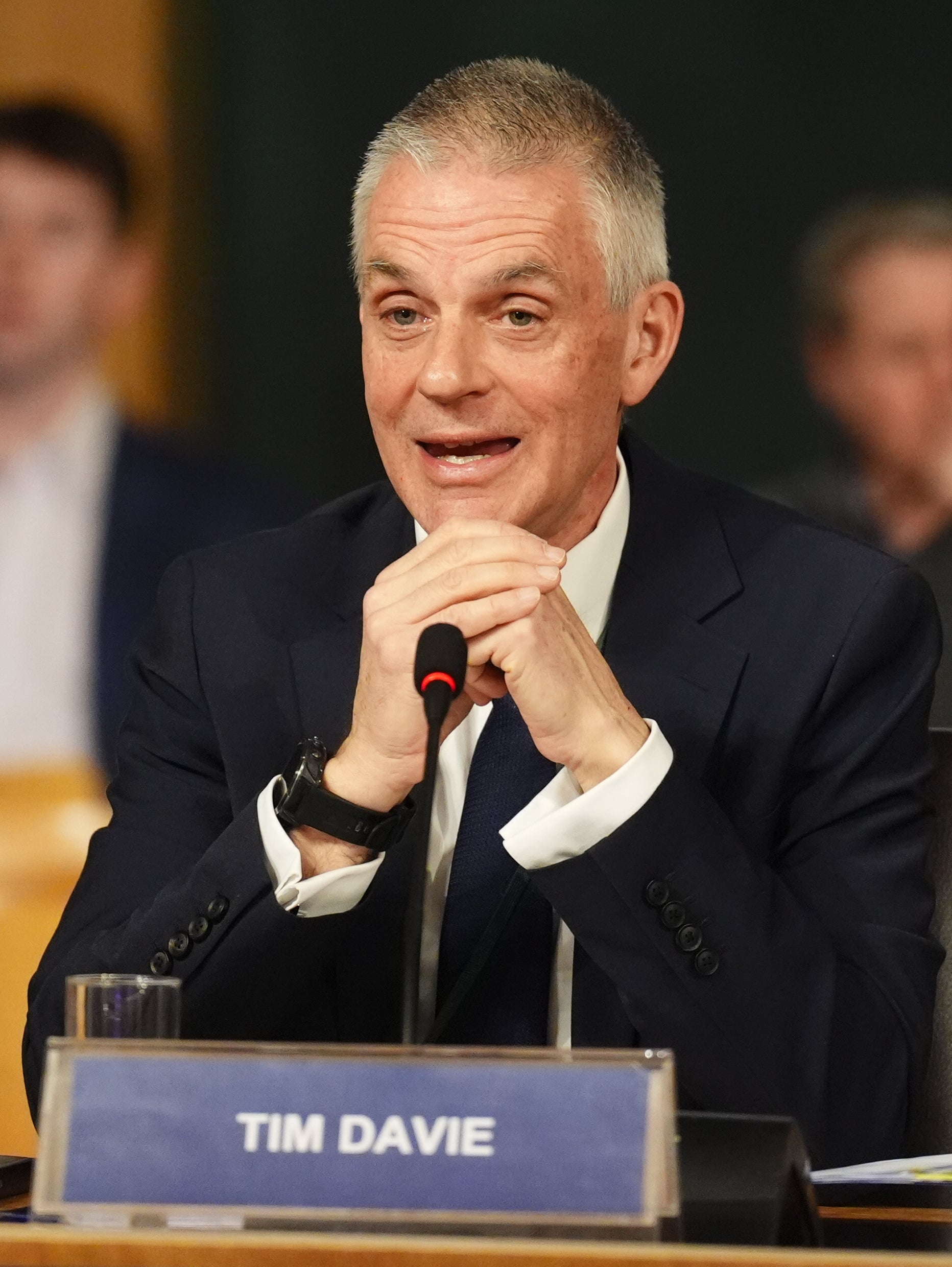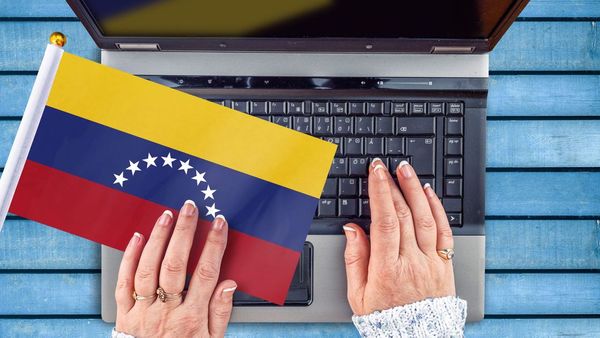
The BBC is poised to "make a decision" on its involvement in next year's Eurovision Song Contest, director-general Tim Davie has confirmed.
This comes as broadcasters from Spain, the Netherlands, Ireland, and Slovenia have threatened to boycott the Vienna event if Israel is allowed to participate.
The European Broadcasting Union (EBU), which organises Eurovision, stated last week it is consulting its members on how to "manage participation and geopolitical tensions" surrounding the song contest.
Broadcasters have until mid-December to decide on their participation.
Mr Davie was asked if he could confirm the BBC’s participation in Eurovision on The Media Show on BBC Radio 4.
He replied: “Well, what we’re doing very specifically on Eurovision is the European Broadcasting Union hosts Eurovision, they are doing a review on what is the right position in terms of entries that come from broadcasters – what assurances do they need and who can compete, and we’re going to let them do their work, and then make a decision.”

Speaking on Monday to the Commons Public Accounts Committee, Mr Davie said Eurovision had “never been about politics” but said “we’re very aware of the concerns”.
Spanish public broadcaster RTVE made the decision for a potential boycott at a board meeting in Madrid, while Slovenia’s RTVSLO, Ireland’s RTE and Dutch public broadcaster Avrotros have announced they will not take part in next year’s contest if Israel is among the participants.
The leaders of the Scottish Greens, Green Party Northern Ireland, Wales Green Party and Green Party of England and Wales have already called on the BBC to withdraw Eurovision coverage if Israel participates.
The BBC faced similar calls from musician and songwriter Phil Coulter, who co-wrote the UK’s winning 1967 entry Puppet On A String and said there was a “double standard” because Russia and Belarus had previously been expelled from the contest.
The calls for a boycott are in protest against Israel’s offensive in Gaza.
The UK is part of the Big Five at Eurovision which is guaranteed entry into the final of the song contest thanks to the level of its financial contributions to the EBU.
This year’s Eurovision Song Contest saw Austria’s JJ win with the emotional song Wasted Love, while Israeli singer Yuval Raphael was the runner-up.
Israel made its Eurovision debut in 1973 after it became part of the EBU.
Russia was banned from Eurovision after its full-scale invasion of Ukraine in 2022, but Israel has continued to compete for the past two years despite disputes over its participation.
Eurovision’s final is to be held in Vienna in May.
Mr Davie was speaking at the Royal Television Society’s (RTS) Cambridge Convention on Wednesday, where he urged industry leaders to adopt a bit of “swagger” and “act with urgency” to ensure public service broadcasting (PSB) remains relevant.
It comes ahead of the Government’s review of the BBC’s charter, which looks at how it should be funded, after it committed to increasing the licence fee in line with inflation each year until 2027.
He referenced insights from the corporation’s recent public engagement survey titled Our BBC, Our Future, and said it was not about “self-survival” but to support the wider industry as a whole.
Mr Davie said: “A major priority for me and for the sector is securing the future of a fully funded universal public service BBC.
“Let me be clear. This (the survey) is not about the BBC focusing on self-interest or self-survival.
“It’s about a growth plan that makes sure public service broadcast is totally relevant in the new world.
“We are here to serve (the public) and also serve the industry, increasing value for the UK as a whole.
“The BBC is not perfect, you may have noticed, but it acts as precious venture capital.
“We need to invest in it.
“But more than the BBC, this is about all of us, collectively, putting the right measures in place to nurture a very precious UK growth story, to be confident, to act with urgency and dare I say, adopt a little bit of swagger.
“Setting our sights on good growth and being crystal clear about what we need to do to make it happen, that’s what these two days are all about.”
It comes after the broadcaster faced a string of scandals over the past year, including misconduct allegations against MasterChef presenter Gregg Wallace and criticism over its live coverage of rap duo Bob Vylan at Glastonbury.
Despite the criticisms the corporation has faced, Mr Davie said he has “never felt more supported in terms of the need for the BBC”.
The charter sets out “the BBC’s object, mission and public purposes” as well as how it is funded, and the current charter began in January 2017, with renewal conversations already taking place ahead of its expiration in December 2027.
Police using ‘Al Capone’ approach in biggest-ever standards clean-up
Culture Secretary Lisa Nandy says BBC is ‘best defence against toxic populism’
Ukraine to acquire US weapons through $3.5 billion fund
Trump hails ‘priceless’ UK-US bond as King and Queen lead charm offensive
Trump UK visit live: President hails ‘eternal’ US-British bond at state banquet
Man arrested for allegedly calling for Starmer to be assassinated at rally







